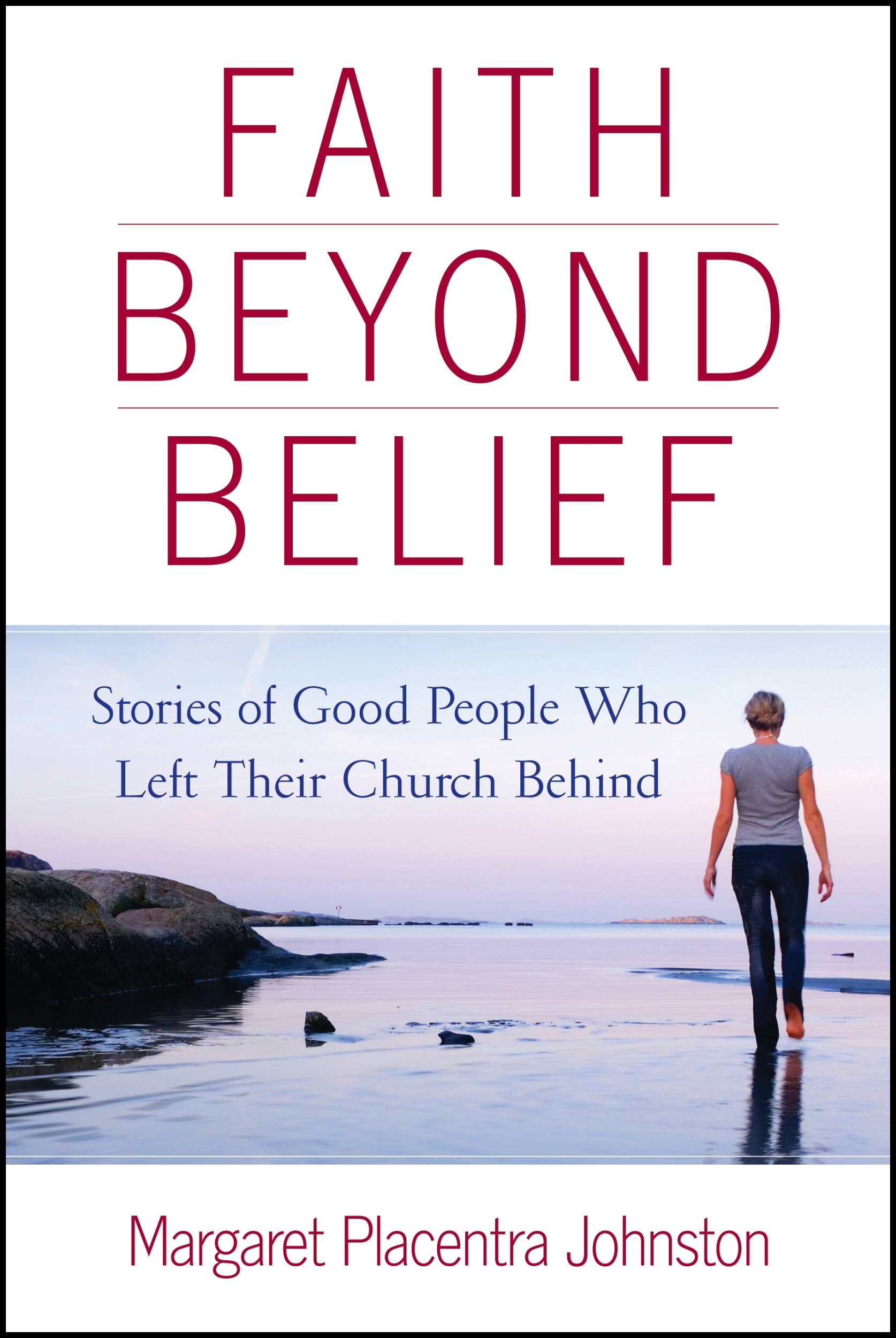
Did you know that words like f-bomb, sexting, brain cramp, and earworm have now earned an official place in the Merriam-Webster Dictionary? Each year hundreds of new words are added to the dictionary in order to account for our ever-changing vocabulary. New words, such as copernicium, are introduced to account for scientific advancements. Other words, like e-reader, are included in the dictionary due to technological advancements. And some words, such as man cave and gastropub, are added due to their cultural significance.
As a society, however, we are a little slower to realize what the good folks at Merriam-Webster, Oxford, and American Heritage have acknowledged for years – namely, that the English language is an ever-changing communication tool that must continually be updated to match ever-changing customs, ideas, and attitudes.
Throughout time, our language, colloquialisms, and jargon have changed and evolved to accommodate the changing needs of society. At one time awful meant “full of awe,” and a bachelor was a young man with aspirations of becoming a knight. Moreover, a mere decade or two ago, words like sexting didn’t even exist. Given that our language, definitions, and semantics are constantly changing, why are we so loath to change the way we think about religion and its role in society?
Those who tend to stick to outdated definitions of religion and God seem to be those at the extreme – whether it is the New Atheists or the Religious Right. Each side wants to hold on to the easy, comfortable, traditional idea of religion as a set of prescribed rules and the belief in judgmental, controlling God with human characteristics.
In the past two weeks, I have been told by no less than four people that my religion (Unitarian Universalism) is not a “real” religion. Some did not intend the comments as an insult, but intended to separate my faith from the traditional, more conservative religions. Others did, in fact, make the comments in a disparaging way, speculating that a religion without creeds and dogma would not succeed.
Regardless of the intentions, however, the comments – and the sentiments behind them – were hurtful, small-minded, and spiritually immature. They perpetuate the belief that religion is inherently incompatible with other disciplines, such as science and social justice; that religion is relegated to traditional, static definitions and ideals; and that a religion that promotes an authentic, evolving faith is doomed to fail.
In her book Faith Beyond Belief: Stories of Good People Who Left Their Church Behind, Margaret Placentra Johnston examines the ways a person undergoes spiritual maturation. One of the defining characteristics of spiritual maturation is the ability to see God as a metaphor and the willingness to interpret Biblical teachings as parables for life lessons rather than literal nonfictional accounts. Much like the individuals in her book are able to see beyond the proverbial bearded-white-man-in-the-sky image of God, spiritual maturation – and societal maturation, in my opinion – is evidenced by the ability to see religion as more than just theology, creeds, judgments, and rules. Spiritual maturation is evidenced by creative innovation and the willingness to re-examine the roles and definitions of religion and God.
As long as we stick with outdated definitions of religion and God, we will continue to hinder our progress as a society. We will continue to divide, rather than unite. Religion and persons of faith will continue to be stigmatized as the embodiment of the ideals supported by the Religious Right. The faith of those who support science, reason, and rationality will be deemed incompatible with “real” religion. The chasm will expand and an ever-increasing number of “Nones” (those who identify as spiritual but not religious) will continue to fall victim to the divisive rhetoric and stereotyping.
Individuals and their faiths do not fall neatly into little boxes of preconceived definitions perpetuated for the ease of those who are too uncreative to imagine an alternate definition. As long as we maintain outdated definitions of religion, we will continue to hinder the promotion of authentic faith and the advancement of spiritual development. We are more creative than that. We are more imaginative than that. Definitions of religion and God do not need to be idle and stagnate; they are evolving, flexible, and pliable to match our ever-changing ideals, attitudes, and values.
I am a religious person. I value the importance of a faith community. But I do not believe in a judgmental, punishing God. I am a non-Christian who believes that God is a universal network binding all living and non-living matter in a way that is incomprehensible to our minds. I attend services at my Unitarian Universalist church most weekends. I support scientific advancements, reason, rationality, and the compatibility of these things with religion. Does that mean that my religion isn’t a “real” religion? Does that make my faith any less worthy? On the contrary, I think that it makes my faith all the more authentic, personal, and transformative.
To me, religion is about community, not about theology. Religion could be defined as shared faith beliefs, engaging in spiritual practices in a communal setting, or simply the intentional reverence for something greater than oneself.
God by its very nature is an unknowable concept and religion (as an extension of that concept) lend themselves to flexible, evolutionary definitions. In fact, their abstract nature requires creativity, ingenuity, and open-mindedness so expansive that they can transcend societal definitions and allow personal spiritual development to flourish.
We are an intelligent and creative society. The scientific, technological, and cultural advancements that we have made, and continue to make, boggle the mind. It is time that our linguistic associations and definitions of religion and God advance along with the rest of society. Let us move beyond the orthodox, preconceived definitions and associations so that we can make space for spiritual maturity and authenticity.















